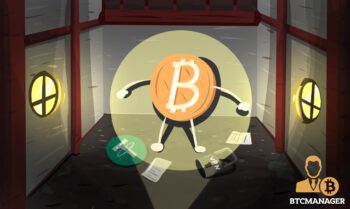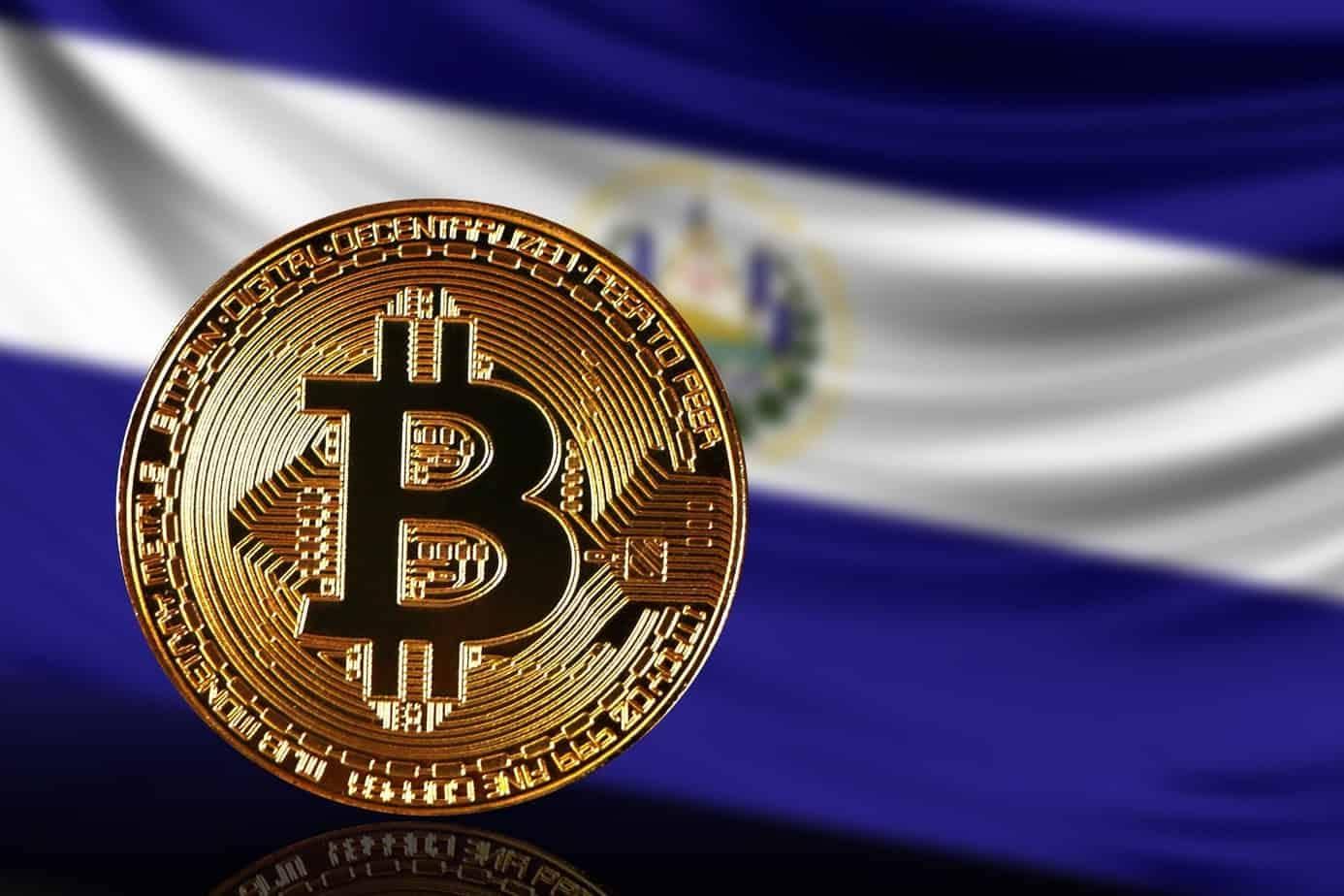2018-11-11 21:09 |
New York’s Attorney Generate recently released an opinion concerning its fact-finding conclusions concerning virtual currency trading platforms operating in the state. One of its many findings was that virtual private networks (“VPNS”) may lead to market manipulation.
VPNs are necessary for cryptocurrency traders who are especially interested in privacy, in addition to traders who want to access markets in countries were cryptocurrencies are not favorable – such as China. The report address whether cryptocurrency exchanges should assume that VPN access is not permissible.
The answer is – not necessarily. However, VPNs should view the problem in a larger context -such as, when it comes to their compliance system.
In the report, the AG focused on VPNs and their effectiveness of features such as access controls, which work to promote fairness and to protect customers. Access controls include systems such as Know Your Customer, which work to verify identity.
Every trading platform has different mechanisms related to verifying personal information and identity. For example, Bitfinex requires the user to provide an email address to trade between exchanges. On the other hand, Tidex does not allow US-based users to trade on the platform and those who do use the platform are required to provide a name, email address, and phone number.
Many online businesses also monitor users’ IP addresses to verify the users’ geographic location and to oversee any suspicious behavior. For instance, transactions from one IP address with multiple accounts may raise a red flag.
IP addresses are also pertinent because they can be masked with a VPN, which then sends connectivity through a third-party network. Thus, individuals can make it seem as if their residency is somewhere else. Companies that prevent VPN access – for example, Netflix and Hulu – may do so because they screen access based on VPN servers. The issue is that these efforts are not without their issues because VPN services can alter server IP addresses so that they are always ahead.
Several exchanges responded to the AG’s report, stating that they monitor IP address access, while two stated they limited access.
The report also discussed another concern, which is that there are exchanges that do not require documentation to execute a trader or to block access by VPN. For instance, a user could register two accounts and participate in wash traders, which is when a trader purchases and sells the same over and over again to make it seem like there is market activity taking place. Wash trades are unfortunately common in the crypto system, with one report estimating that 7 of 10 top exchanges participate in such trading and their trading volume is not accurate, as a result.
Another risk that VPN access poses is to money laundering. Several exchanges have been part of the Bank Secrecy Act’s requirements for anti-money laundering from 2011. Those who do not comply with the requirements may face significant penalties. And the Office of Foreign Assets Control mentioned that digital currencies will be treated like fiat and any violation involves strict liability.
From here on out, it will be interesting to see whether VPNs will received higher levels of regulatory scrutiny. It is unlikely, especially because it does not seem that any rules will be passed in the near future. At the end of the day, the AG report is simply a form of education that provides consumers with the information that they need to make informed decisions and to protect themselves.
origin »Bitcoin Private (BTCP) íà Currencies.ru
|
|




